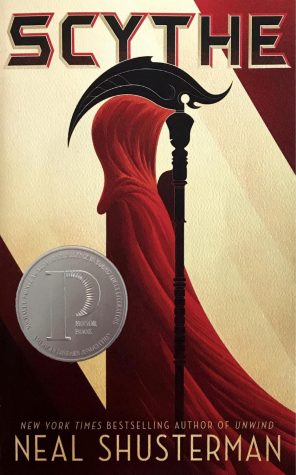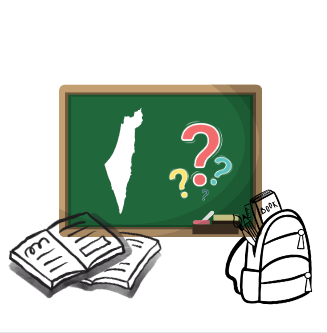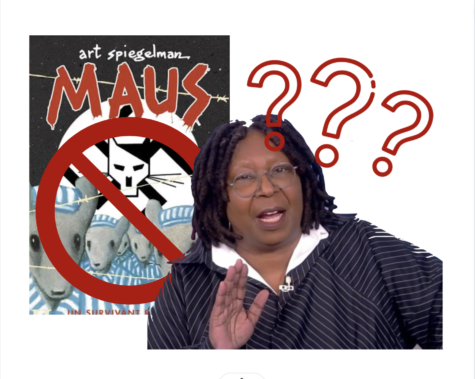Book review: ‘Scythe’ by Neal Schusterman
Neal Schusterman’s “Scythe” presents the problems that come with a world where disease, war, crime, and poverty no longer exist.
 Neal Schusterman’s Scythe is a novel set in a dystopian future where disease, war, crime, and poverty are all things of the past. While such a world may seem ideal, there is a downside: the danger of overpopulation through lack of natural deaths.
Neal Schusterman’s Scythe is a novel set in a dystopian future where disease, war, crime, and poverty are all things of the past. While such a world may seem ideal, there is a downside: the danger of overpopulation through lack of natural deaths.
“We must by law keep a record of the innocents we kill,” starts Scythe, leaving the reader with a variety of questions: Who is killing innocent people, why are they killing innocent people, and what is the value of keeping a record of these crimes?
The Scythe, we later learn, is a professional class of people trained to keep the population under control through killing. The book follows two teenagers, Citra, a girl, and Rowan, a boy, who have been chosen as apprentices to a scythe named Faraday. Neither Citra nor Rowan is interested in taking on this disturbing task.
Faraday selects Citra and Rowan as apprentices precisely because they hate scythes and don’t want to kill anyone. Eventually, however, the teens agree to be apprentices because they learn that the family members of scythes are protected from being killed. The catch? Only one of them will be able to become a scythe and the other will be forced to return to their old life. Throughout the apprenticeship, they both begin to realize what is on the line. Both of their lives have changed drastically, and going back to their old lives would be impossible.
Not only have their lives permanently changed, but the way Citra and Rowan view each other has changed as well. Training together every day brings the two closer, but they begin to realize how complicated their relationship is knowing that one of them will eventually be cut from becoming a scythe. Citra and Rowan continue to face many obstacles together and have to make very important decisions that could affect many people around them. This book kept me hooked until the end, and I needed to know where both of them ended up on their journey.
Despite a significantly longer life expectancy due to advanced technology, people within Scythe’s dystopian world still fear death. When people see a scythe walking outside, at an airport, or even in a supermarket, everyone becomes scared, because they can be the one killed by the scythe. They think about death so much more because they know how they will end up dying—they just have absolutely no idea when.
I also enjoyed that the book was one giant ethical dilemma. Is it moral to prevent overpopulation if illness and old age do not naturally cause death? Scythe prompted me to contemplate the risks and benefits of extensive technological innovation.
Schusterman not only succeeds in putting in new concepts that will make the reader think, but he also has a unique ability to put you inside the mind of the two protagonists. I enjoyed the book because I was able to see all of their struggles and feel their emotions. I was taken on a rollercoaster ride of plot twists that did not let up until the very last page. Schusterman lets you in on secrets that the characters don’t yet know. I found myself wanting to scream out at Rowan and Citra to help guide them in the right direction.
I would highly recommend this book to anyone who enjoys a dystopian setting with strong character development and riveting situations.












Chaim Hecht • Aug 24, 2021 at 1:19 pm
I think the theme that you alluded to – Shusterman’s decision to keep people worrying about their fate in such a world – sets the novel in its necessary dark stage. It provides the backdrop for the extreme relevance of the Scythedom and the importance for Citra and Rowan’s respective positions in the world with their initial selection. The sequels succeeded at building upon the progressing dystopia where, I think, Schusterman’s true talent lies.
Enjoyed reading the review!